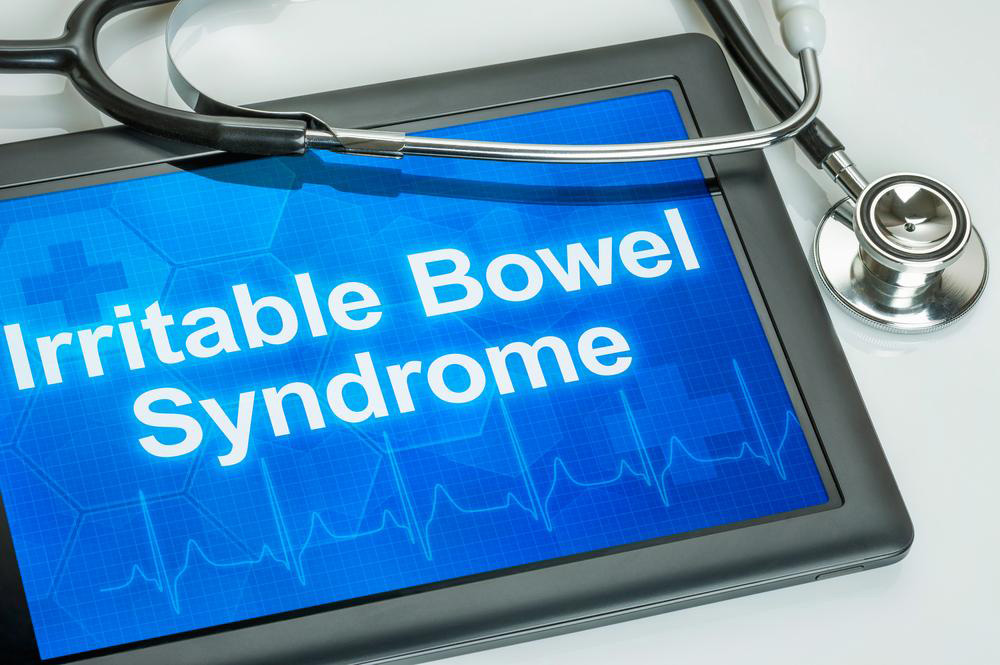Comprehensive Insights into the Causes and Management of Irritable Bowel Syndrome (IBS)
This comprehensive article explores the complex causes of Irritable Bowel Syndrome (IBS) and provides insights into effective management strategies. Covering factors like brain-gut communication, diet, hormonal influences, microbiota imbalances, and stress, it aims to help sufferers understand and better control their condition through personalized approaches and timely medical intervention.

Understanding the Underlying Causes and Effective Management Strategies for Irritable Bowel Syndrome (IBS)
Irritable Bowel Syndrome (IBS) is a widespread chronic disorder that affects millions of individuals worldwide. It is classified as a functional gastrointestinal disorder, primarily involving the large intestine, or colon. This condition is characterized by a range of uncomfortable symptoms such as persistent abdominal cramping, bloating, excessive gas, diarrhea, constipation, or alternating patterns of bowel habits. Despite its common occurrence, the exact etiology of IBS remains elusive, making diagnosis and management complex.
Researchers have identified multiple factors that contribute to the development of IBS. The complexity arises from the interplay of various biological, psychological, and lifestyle influences. Among these, disrupted communication between the brain and gastrointestinal system plays a central role. This disruption, often referred to as the brain-gut axis imbalance, results in abnormal intestinal motility and heightened visceral sensitivity, which explains why some individuals experience severe discomfort even with minor intestinal disturbances.
Dietary factors are also significant. Certain foods, such as fatty meals, dairy products, spicy foods, caffeine, artificial sweeteners, and high-FODMAP foods, can trigger or exacerbate symptoms. Identifying and avoiding these dietary triggers forms an integral part of managing IBS effectively. Additionally, hormonal fluctuations, notably in women experiencing menstrual cycles or hormonal imbalances, have been linked with increased symptom severity, indicating a hormonal component in IBS pathogenesis.
Stress and psychological factors profoundly influence IBS. Chronic stress, anxiety, depression, and emotional trauma can either trigger or worsen symptoms. The gut-brain connection means that mental health directly impacts gastrointestinal function, making stress management techniques crucial for many patients. Techniques such as cognitive-behavioral therapy, mindfulness, yoga, and relaxation methods have demonstrated benefits in reducing symptom intensity and improving quality of life.
Another significant factor involves the balance of gut microbiota—the trillions of bacteria residing within our intestines. Dysbiosis, or imbalance in these microbial communities, has been linked to IBS. Alterations in gut flora can influence intestinal motility, immune response, and inflammatory processes, which collectively contribute to the clinical presentation of IBS.
Additionally, underlying colon-related health issues like inflammatory bowel disease (IBD), infections, or colon hypersensitivity can overlap with IBS symptoms or serve as contributing factors. While IBS itself is not associated with permanent damage or increased risk of colorectal cancer, the symptoms can be debilitating and impact daily functioning significantly.
Understanding the multifactorial causes of IBS helps in tailoring individualized treatment approaches. Mild cases often respond well to lifestyle modifications, including dietary changes, stress management, and regular exercise. Patients are encouraged to keep symptom diaries to identify personal triggers and to seek professional guidance for diagnosis and comprehensive management plans.
For severe or persistent symptoms, medical interventions might include medications aimed at alleviating specific issues such as antispasmodics, laxatives, antidiarrheal drugs, antidepressants, or probiotics. It’s crucial for patients to work closely with healthcare providers to develop an effective and sustainable treatment plan, preventing complications and improving their overall quality of life.
In summary, while the exact cause of IBS remains complex and multifaceted, ongoing research continues to shed light on the mechanisms involved. Recognizing the contributing factors—from brain-gut axis disruptions and dietary triggers to microbiome imbalances and psychological stress—is essential for effective management. Early intervention and personalized treatment strategies are key to controlling symptoms and enhancing life quality for those affected by this challenging gastrointestinal disorder.





